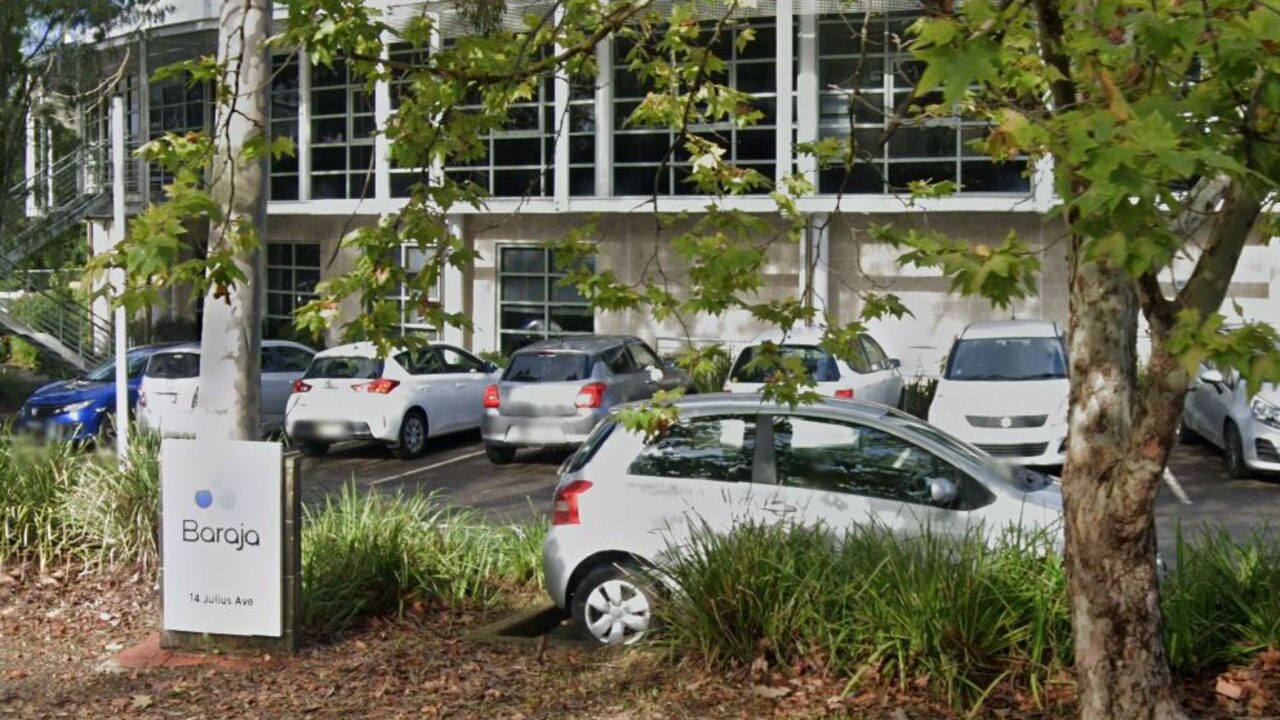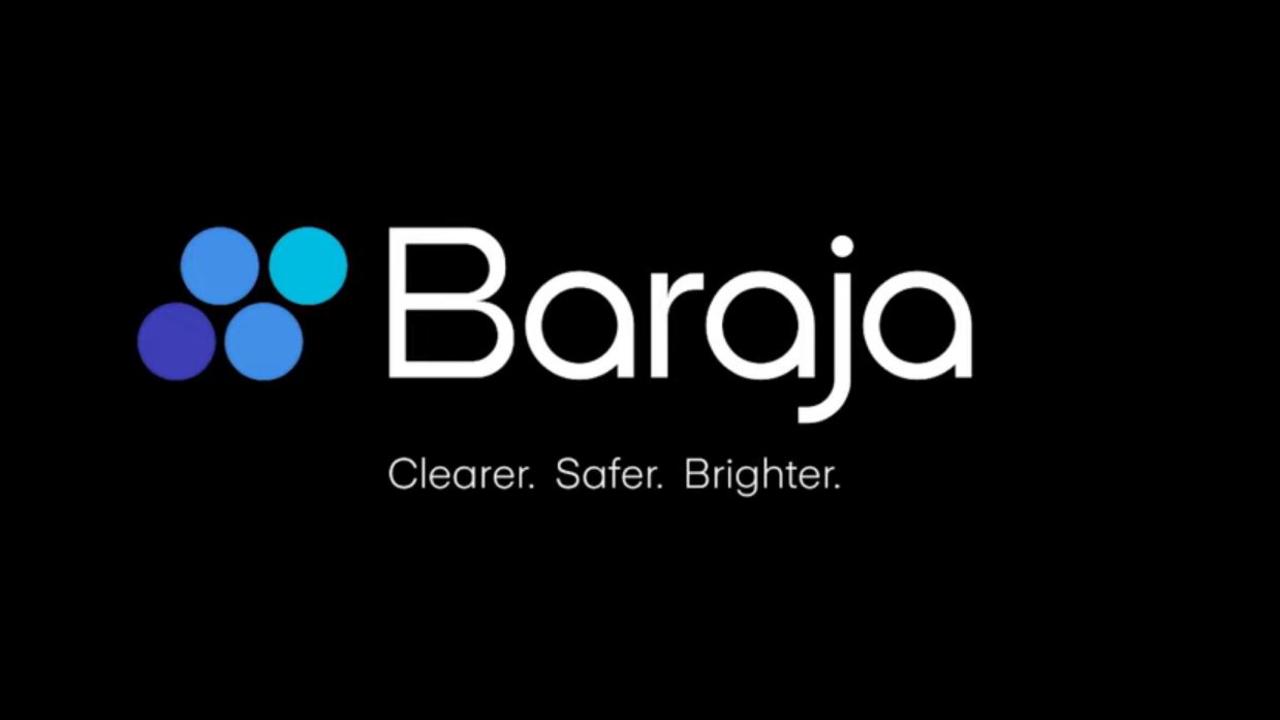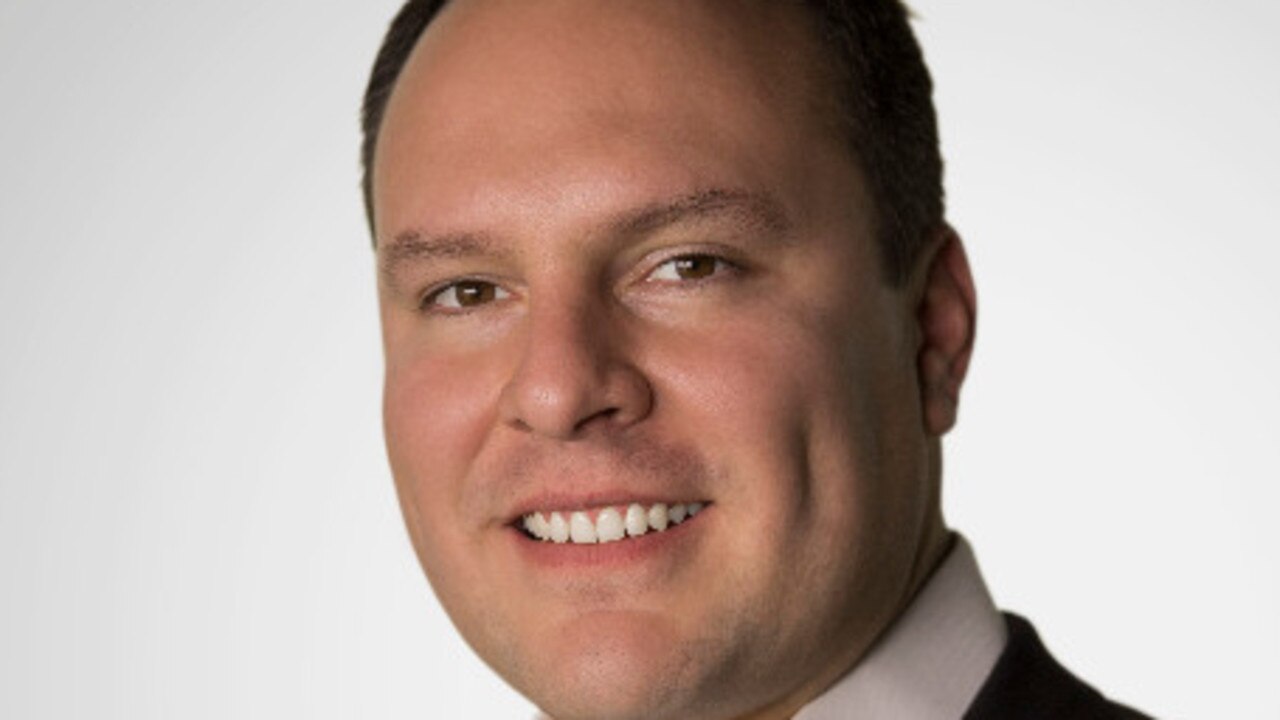Australian driverless car start-up Baraja worth $300m sacks 75 per cent of staff
An Aussie start-up worth $300 million has slashed around 75 per cent of its workforce, despite a cash injection in January.
An Australian self-driving technology start-up that was valued at $300 million has slashed around 75 per cent of its workforce, despite a recent cash injection in January.
Staff have been devastated by the cuts – with entire teams laid off and others losing their job after joining mere months ago – as a result of the “drastic” downsizing.
The company, called Baraja, which boasts backing from CSIRO venture capital fund Main Sequence Ventures, made the mass redundancies due to concerns that funding was becoming harder to attract globally and there was a slower take-up of the driverless technology.
Baraja was started eight years ago and was valued at $300 million in its last funding round in 2021.
It would not confirm the scale of sackings but employees shared on LinkedIn that the downsizing was “drastic”, while sources also told The Australian Financial Review that three-quarters of employees were impacted.
Employees revealed it had been a “difficult week” at Baraja after the “devastating” announcement of the “big shake-up”, with news it was "drastically downsizing” – impacting roles including technical staff, engineers, software experts, product managers and accounting.

One staff member had just relocated her family to Sydney only six months ago to join Baraja and revealed she had only 60 days to find a new role as part of her skilled visa.
A number of employees were recent hires with one starting just four months ago, while a mechanical engineer had also moved to Australia three months prior to take up a role.
“Just three months ago, I left my country to move to Australia to join Baraja, believing in their scaling up project. Unfortunately, this adventure didn’t last as long as I hoped,” he said on LinkedIn.
“At the beginning of this week they announced the need (for) a big downsizing to keep operating, laying off many capable engineers and amazing people that I have had the pleasure to work with in this short time.”
One engineering manager said he had taken the risk to take up a job at the start-up, which had 125 employees back in March 2021 with the company saying it planned to grow to 160 staff members by the end of the financial year, during a funding round where it raised $40 million.
“I was excited to join Baraja just 2 months ago. I knew I was taking a risk … to join a start-up and that it could be a rocky road and end abruptly at some point, but I didn’t expect it to end quite so quickly,” he said.

Another manager revealed he was looking to help his entire team find new roles.
“On Tuesday morning, we have been informed that there will be a significant number of redundancies. Amongst many others, also impacted by this downsizing is the entire operational team,” wrote one staff member who had been at the start-up for over four years.
“This is a call for help to my network! I have had an awesome manufacturing team here at Baraja and they are all looking for a new opportunity. A place where they can prove their skill. And believe me … There is plenty of skill to show off.”
One staff member said the cuts had even hit a university student he had hired who needed to complete practical work to obtain her degree.
He said had brought on the third year UTS undergraduate student for a six months internship – but she was only able to complete three weeks of it before being caught up in the mass sackings, adding he “felt terrible for this as I had no idea what was coming”.

A shell-shocked staffer said the good times had come to a “quick and unexpected end” and he was in disbelief at losing his job as a software architect after five years with the company, while one worker learned he no longer had a job while on holidays in Thailand.
A former employee added that “everyone can empathise that succeeding in a hardware start-up is hard at the best of times; let alone during this current climate with something that is a completely new invention – it’s a tough gig”.
The start-up had provided a range of perks to employees from a free catered lunch, a personal learning budget, emergency nanny care, “dozens of fun groups” such as soccer, frisbee and a brewing club and a personalised health and wellbeing program.
It had also attracted a range of heavyweight investors including Blackbird Ventures, Swedish company Veoneer, Japan’s Hitachi Construction Machinery and industry superannuation fund Hesta.

Baraja’s co-founder and chief executive Federico Collarte told the AFR that major staffing cuts had been unavoidable but the company did not take the redundancy “decision lightly”.
He added customers had slowed down the development of new vehicles amid a toughening financial outlook while manufacturing delays also added difficulties.
Staff had been cut from working on existing projects with a restructuring of its engineering teams in Australia and the United States, he noted.
The driverless technology company is the latest start-up to be caught up in the tech wreck that is smashing the sector.
Giants of the sector including Amazon, Google, Facebook, PayPal and Salesforce have already announced thousands of job cuts from their workforce in recent times.

Meanwhile, Zoom joined the growing list, revealing this week it was sacking 15 per cent of its global workforce impacting around 1300 jobs as a part of a restructure.
Zoom’s founder Eric Yuan said the company’s headcount had tripled in just two years but the uncertainty of the global economy was affecting customers.
He held himself accountable for the company’s problems, adding he would reduce his salary and forgo his bonus.
“Our trajectory was forever changed during the pandemic,” he wrote in a blog post.
“We didn’t take as much time as we should have to thoroughly analyse our teams or assess if we were growing sustainably.”
Closer to home, Australian start-ups and tech companies have also had to shed their staff to survive turbulent market conditions.
The latest company to announce a “restructuring” was comparison website Finder, which laid off 15 per cent of staff across its global operations including in Australia.
Others included social media start-up Linktree that was valued at $1.78 billion and sacked 17 per cent of staff from its global operations, healthcare outfit Eucalyptus that fired up to 20 per cent of staff after an investment firm pulled its funding at the last minute and Indebted, a debt collection start-up worth $200 million.

The buy now, pay later sector has also been hard hit by the worsening financial outlook. Australian buy now, pay later provider Brighte let go of 15 per cent of its staff in June, while another BNPL called BizPay made 30 per cent of its workforce redundant.
More Coverage
It was game over for Openpay too, which shed 83 staff members as part of its collapse this week.
“After a review of the Openpay business, earlier this week, the receivers made 83 positions within the business redundant,” the administrators McGrathNicol told news.com.au.
“This was a difficult but necessary step and consistent with the receivers’ strategy of positioning the business for an orderly sale and realisation process.”






